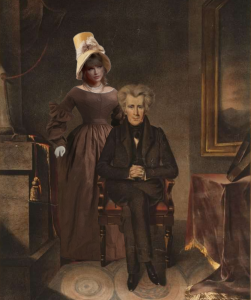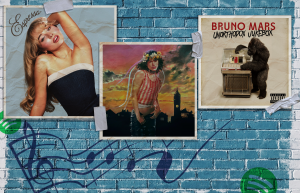Early on in “The Rum Diary,” British director Bruce Robinson’s first feature film since 1992, Johnny Depp’s idealistic reporter, Paul Kemp, struggles with his bottom line focused editor, played by Richard Jenkins, about what he’ll be doing on the sinking ship that is the San Juan Star. Jenkins unwittingly defines both the nature of his newsroom and the film itself in one line, saying “there’s a lack of commitment and too much self indulgence.”
“The Rum Diary,” based on gonzo journalist Hunter S. Thompson’s semi-autobiographical tale of starting his journalism career in ’60s Puerto Rico, doesn’t know what it wants to be but it knows what it wants to show, leading to a muddled product that will nonetheless stick with many viewers. It’s ambitious, but it lacks follow through where it counts, and gets distracted when it comes to picking a theme and a tone for its protagonist or plot.
Depp plays the role of the Thompson surrogate much better than he did in cult classic “Fear and Loathing in Las Vegas.” He looks gaunt, vaguely serpentine and perpetually hungover, and the supporting cast of drunk lay-abouts, semi-fascist drug addicts and frazzled editors all do a great job providing scenery, but they don’t help the film’s jarring lack of narrative.
Where Thompson’s novel is somewhat aimless, Robinson forces a story, bringing Aaron Eckhart into the fray as a villainous and opportunistic real estate developer with big plans for the island. Eckhart is singularly brilliant, bringing the sexy charm that worked in “Thank You For Smoking” and combining it with the apoplectic rage and capacity for violence that he brought to “The Dark Knight.” His plans for an island hotel drive the plot, but Depp’s romance with Eckhart’s girlfriend, Chenault, played by the gorgeous Amber Heard, quickly becomes the focus.
This is a problem, namely because there’s no chemistry between the two. Depp seems creepily too old and Heard oozes pure ’60s sex appeal. They have several great scenes together, but we never have a sense of mutual love, other than Depp’s statements of such.
That’s not to say the film is terrible. Robinson proved he knows how to shoot a beautiful scene in his under-appreciated debut “Withnail and I,” and he shows stunning vistas and lovingly detailed locations of untouched third-world squalor. He shows exquisite care for Eckhart’s beach hideaway and details a drunk driving car chase with the kind of attention that throws you into the back seat.
None of this excuses the film, particularly in it’s final act where Robinson takes us away from the source material to show a totally unnecessary acid trip as well as bringing in a digression about Thompson being little less than the savior of all journalism. It’s unnecessary, not particularly true and it weighs down the film, stretching it to a bloated two hour running time.
The beauty of “The Rum Diary” is what’s going to stick with people, not its unnecessarily simplified political message and black and white struggle between characters. Where “Fear and Loathing” was a wonderfully bad trip that helped kick the habit, “The Rum Diary” is an all day hangover spent cleaning the bathroom floor.




